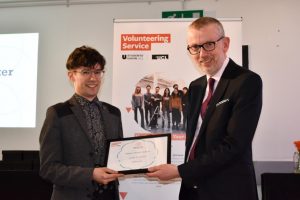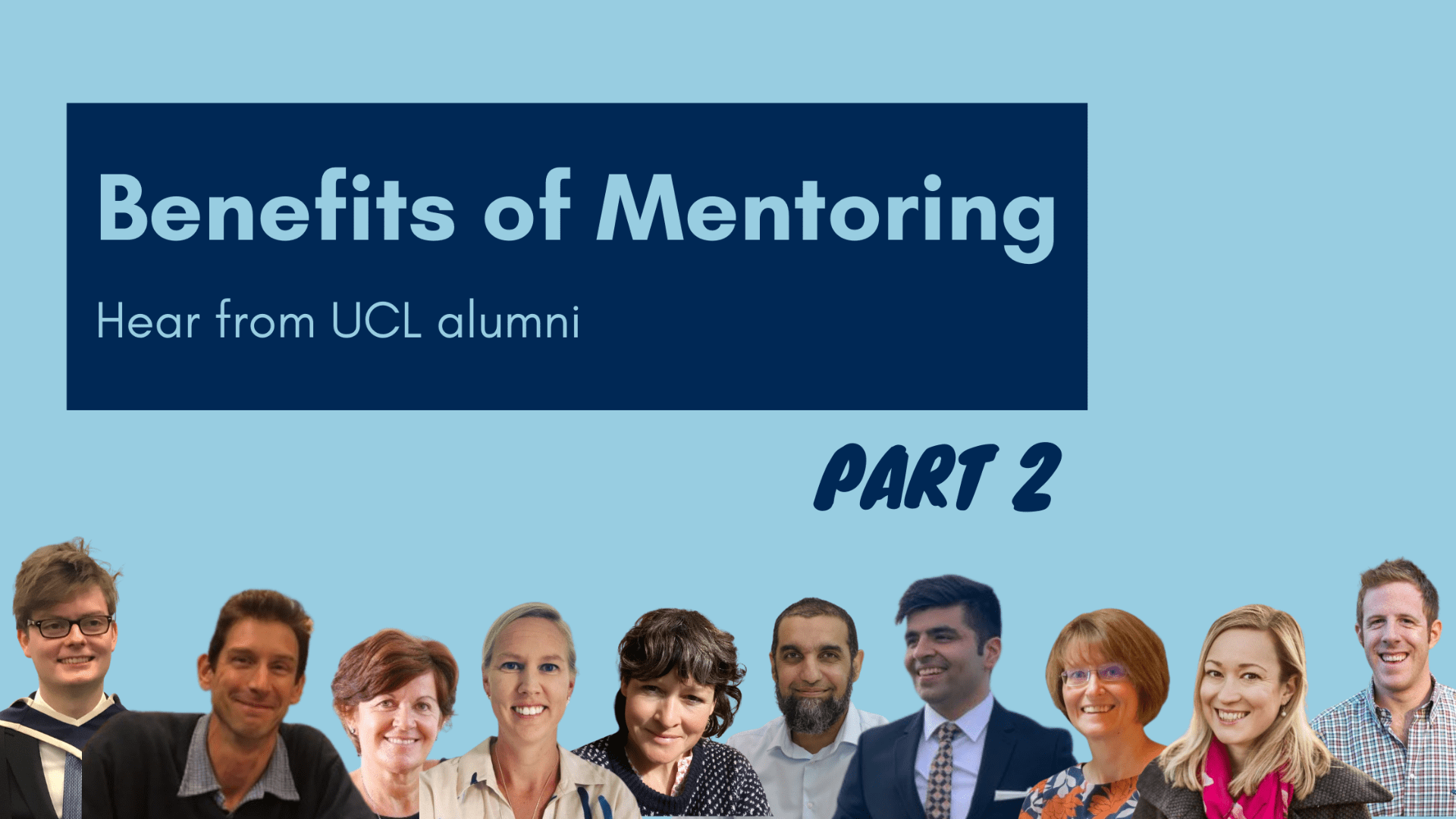Interview with an Alum – Csongor Máthé and “being a self-starter”
By skye.aitken, on 22 September 2021
Interview with Csongor Máthé, UCL alum. Written by Sue-Zhen Yong, Work Related Learning Officer at UCL Careers.
Following on our series of alumni interviews, we continue to shine the spotlight on start-ups. This time, we sit down with Csongor Máthé who shares his experience studying at UCL as well as offering insight into his career journey so far. Having dipped his toes into the start-up world during his studies, Csongor was keen to find a role in FinTech that he was passionate about, leading him to join Jumpstart’s start-up graduate programme. Last September, he started working as a Product Analyst at TreasurySpring, a FinTech start-up that offers innovative cash management solutions to corporate clients.
1. What did you study at UCL? And what did you do outside of your studies?
I studied a BA in History, Politics and Economics, specialising in Economics and Business.
I built up a German tutoring business from scratch, teaching more than 30 students. Additionally, I sat on the UCL FinTech society committee as their Events Executive, acted as the Hall Representative for my university hall as well as played for UCL’s Football club. To further my interest in financial markets, I also joined the MFC Equity investment club.
2. Did you engage with the services or events delivered by UCL Careers during your time here? What service/event did you find the most valuable?
I found the job and internship listings on the myUCLCareers jobs board particularly useful. Being able to access vetted job opportunities in one place has simplified an otherwise complicated process, offering access to exciting jobs and companies one may have otherwise not necessarily would have been exposed to.
3. What does your career path look like? What motivated you to pursue this line of work? How did you get from UCL to where you are today?
Having always been very passionate about start-ups (even writing my dissertation on start-up fundraising), I craved learning new skills in a stimulating, high-paced environment and I thought a young start-up would be a great place to start. Working at TreasurySpring has exceeded all my (already high) expectations – every day brings a new challenge and the work I do is incredibly varied and exciting. In my role, I work directly with the Chief Product Officer on originating new financial products for our clients to invest in. Whilst my focus is within Product, I also have great exposure to all parts of the business, including sales, ops and tech.
Looking back on my studies, the interdisciplinary nature of my degree has taught me to understand and utilise new concepts quickly. Studying the combination of history, politics and economics has developed my critical thinking, which is especially important at a start-up where you are constantly encouraged to think about how things could be improved. The business and finance modules from my degree also proved to be a good foundation of knowledge when starting out in my role.
4. What is the biggest lesson you have learned from your career so far?
Being a self-starter is highly valued in a start-up like TreasurySpring – there is no formal training week, and you start doing your job on the first day. It is all about learning as you go, which can feel challenging sometimes, but you can learn and progress very quickly. Whilst true for all careers, it certainly is for start-ups: What you put in is what you get out.
5. How have you found working in a start-up/SME during the pandemic? What are currently the most topical issues of your industry?
Due to the pandemic, I’ve worked from home for nearly a year and only met my colleagues for the first time a few weeks ago. Although home working is certainly unusual at the start, it has worked surprisingly well for me. That said, I look forward to being more in the office and interacting with colleagues and clients.
Over the last decade, money markets have undergone unprecedented change, which has been accelerated since the start of the pandemic. Two key trends that have shaped the cash management industry during the pandemic have been the digital revolution within treasury and the growth in demand for ESG (standing for environmental, social and governance).
6. What does a normal working day at TreasurySpring look like for you?
I typically start work at 8am from the comfort of my home (or more fittingly, bedroom, office and gym). To help prep for our daily team meetings, I read the major news on financial news sites like Bloomberg and Financial Times and subsequently make notes on the most relevant macroeconomic events. On an average day, I liaise with members of the team and with bank or corporate clients. Other daily tasks can range vastly from data analysis to producing marketing materials to doing research on our product targets.
7. What is the most rewarding part of your work? Equally, what is the most challenging part of your work?
Calls with bank and corporate clients are one of the most exciting parts of my job as I get to attend meetings with incredibly high-profile clients – something that started happening just a few weeks after starting my role. This level of exposure, coupled with the high responsibility you get early on, is simply unique for an entry-level graduate position. As a result, it is very motivating that I can see the impact I make every single day.
One of the main challenges (and benefits) is that the learning curve at a start-up is much steeper than at larger businesses. Whilst big corporations typically have established ways to do everything, there are a lot of firsts at a start-up that require figuring out the ‘what’ and ‘how’ quickly. Being exposed to new problems every day, it is important to be able to take small, calculated steps, move fast and seek constant feedback and discussion.
8. Finally, what advice would you give to students and recent graduates who are looking to move into your area of work?
I think it’s critical to find a role that you’re really passionate about and everything else will come (more) naturally. If you’re after stability and consistency, think twice about joining a start-up. If, however, you’re looking for an exciting challenge that beats large corporations’ graduate schemes hands down for creativity, fun and motivation then it might be worth applying to Jumpstart’s graduate programme!
Interested in learning more about getting a job at a start-up? UCL Careers are hosting an Industry Update Session with Jumpstart on Thursday 7 October, 6-7pm. Register your spot to learn first-hand from the people running UK’s only start-up graduate programme on relevant skills and knowledge you’ll need to gain to land a job at a start-up and the general sector trends to watch out for.
 Close
Close












